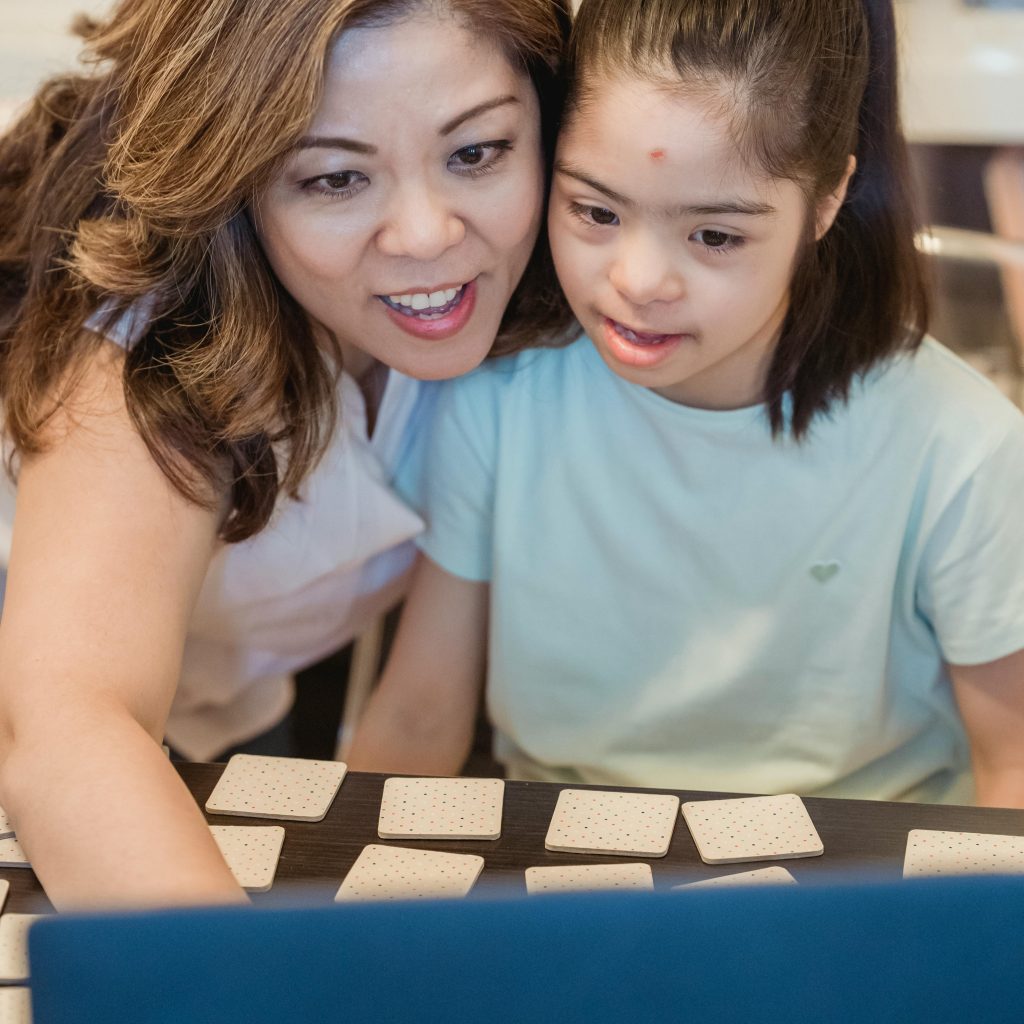Returning to school after the summer holidays can induce feelings of uncertainty or anxiety. We have shared 20 tips to encourage children and young people to feel more confident returning to school and help them feel safe to talk about how they are feeling.
- Start to talk about school, providing a space to talk about any of the things that might be changing.
- Normalise and validate what they are feeling. There is no right or wrong way to feel about the change and transition, and reminding them that they have the right to feel the way they do can encourage them to continue expressing their feelings in the future.
- Discuss the uncertainty. If they are entering a new setting or format from last term, there may be uncertainty around what to expect which can lead to feelings of anxiety. Simply just discussing what these uncertainties are can help to ease the overwhelming feeling of the unknown.
- Increase feelings of security by preparing them for the return to school as much as possible. This might involve looking at the school website, talking to the school, walking past the school (if possible).
- Provide any information about new things ahead of time. Photos of new teachers or classrooms can be very helpful.
- Provide as much information as possible about what their new routine might look like if it has changed from last term. Create social stories or visual planner.
- Connect with others. Encourage them to get in touch with school friends to reconnect ahead of school.
- Explore the things they can control and encourage them to feel that they have ownership over these.
- Get organised. We love lists to help with this. Ticking things off can help feel things are ‘under control’.
- Reintroduce routine early. Beginning to get back into the routine of a school day ahead of the start of term can help lessen the stark contrast that may occur for school mornings.
- Sleep. Ease back into a school-based sleep schedule ahead of the first day.
- Maintain an optimistic tone and positive attitude. Take them shopping with you. Get excited about the new school year. If your child sees you are excited, they will be excited.
- Practice reframing negative thoughts. Read books or watch educational cartoons about things your child may be concerned about.
- Practice expectations. Set up school zones and expectations. Make sure you have a place that is quiet to do their homework and keep their backpack in one place.
- Be calm. Try to stay calm whilst your child is feeling distressed. Model stress management such as mindful breathing, grounding techniques, worry aids and exercise.
- Have fun. Provide lots of light relief; play games, laugh together, make things, be outside.
- Work together. Share ideas about how to create action plans, have a problem-solving approach, enjoy achievements.
- Incorporate positive reinforcement. Tell them when they are doing well.
- Keep communicating. The small things you do make all the difference: Keep talking, texting, listening, hearing, hugging, sympathising, smiling, reassuring, checking
- Compassion. Look after yourself the school holidays can be a stressful time for parents and carers trying to juggle multiple responsibilities. Take time for yourself to reflect on changes that may be happening in the next few weeks and connect with other parents and carers for peer support.

